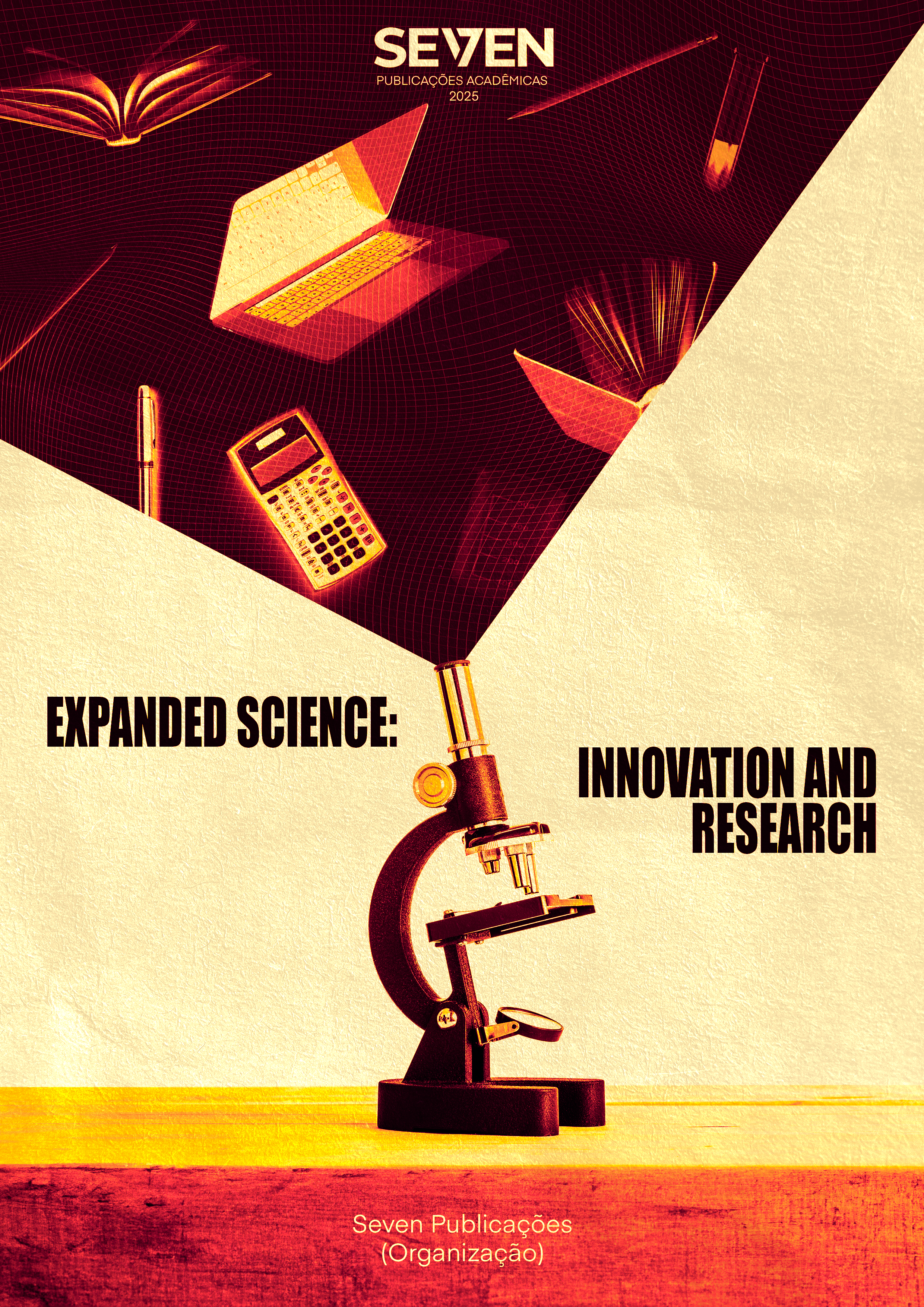A SYSTEMIC APPROACH TO FOOD SECURITY, FOCUSING ON THE HUMAN RIGHT TO ADEQUATE FOOD
Keywords:
Food Security, Right to Food, Enforceability, ImplementationAbstract
The challenge of analyzing the realization of the right to adequate food persists throughout this century, paradoxically, in a scenario where countries are capable of producing enough food to feed their entire population. This phenomenon affects a large number of people, and Brazil and Latin American countries are no exception. This paper surveys legal concepts and analyzes official data from Brazil, variations in groupings from Latin America and the Caribbean; Central America; and South America; and the world, on issues related to the Right to Food, focusing on the prevalence of undernourishment; the percentage of people experiencing food insecurity; the value of healthy diets by region; and the percentage of people unable to afford them. The fact is that food can simultaneously be available but not accessible to people, especially the economically weakest, mainly due to limited income for purchasing food and basic services. This is one of the main causes of vulnerability, as it limits families' ability to overcome poverty and food insecurity. It highlights that economic and social conditions and a market structure that favors low costs for unhealthy foods lead to persistent food insecurity. It also demonstrates that the prevalence of hunger is higher in countries with rapid population growth and limited access to healthcare and education. This highlights the clear existence of direct links between food security, nutrition, and the health of the population, which, in turn, affects prospects for economic growth and development.
Downloads
Published
Issue
Section
License
Copyright (c) 2025 Andreza Soares da Cruz Cansanção, Giulia Francesca Carvalho Oliveira França, Walcler de Lima Mendes Júnior

This work is licensed under a Creative Commons Attribution-NonCommercial 4.0 International License.





